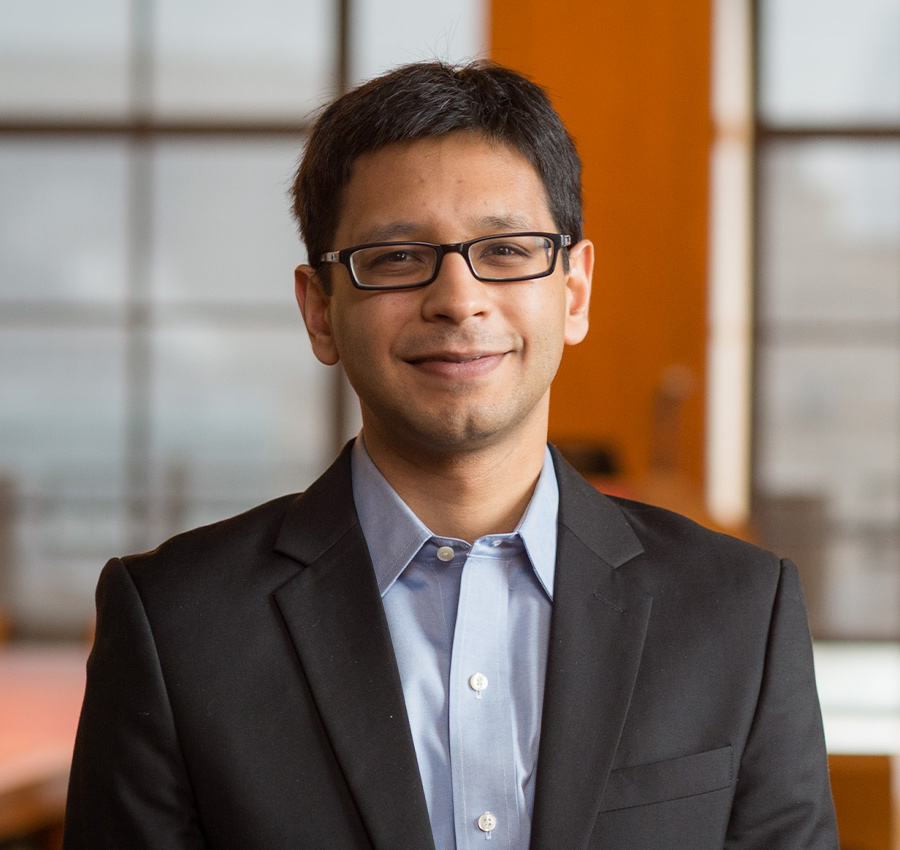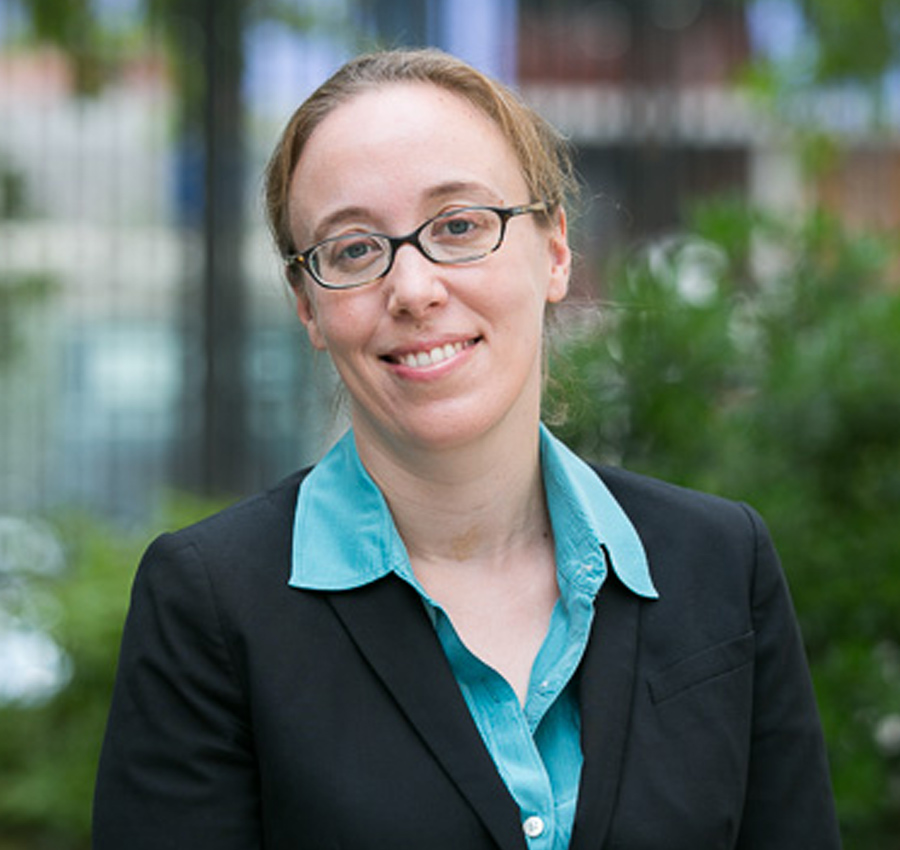


In “The Institutional Design of Community Control,” 108 California Law Review__ (forthcoming 2020), Simonson and Rahman look at current proposals for community control of the police and of economic development, analyzing how local government might shift power and attempt to redress inequality. The authors encourage scholars “to pay closer attention to the specific levers of power over which historically disempowered groups seek control, asking not just whether shifting power downward makes sense, but also how those shifts can (or cannot) be institutionalized.”
The article was referenced in an essay in Slate that suggested Congress could use its power to transform policing and promote racial justice by, for instance, withholding federal funding from localities that do not implement measures such as the creation of civilian commissions transferring “power from the police to the communities most affected by mass incarceration,” as outlined by Simonson and Rahman.
In a commentary, “Power over Policing,” published in Boston Review, Simonson references her article with Rahman to explore the numerous approaches to police reform that have been put forward and, in some cases, implemented, in towns and cities across the nation, including Minneapolis. The commentary was based on her forthcoming paper “Police Reform Through a Power Lens,” which will appear in the Yale Law Journal next year.
The joint article and Simonson’s commentary were also featured in the Law and Political Economy blog.
In an op-ed in the New York Times, Simonson countered the backlash that recently has been aimed at community bail funds, which pay money bail in criminal and immigration cases for those who cannot afford it. Simonson and her paper, “Bail Nullification,” 115 Michigan Law Review 585 (2017), were also quoted and cited in the New Yorker, the Atlantic, The Pavlovic Today, and The Ringer. Simonson also authored a bylined article on the topic in n+1 Magazine.
At the Law School, Simonson teaches courses in criminal law, criminal procedure, evidence, and social change. She is codirector of the Center for Criminal Justice. Her work has been cited in two U.S. Supreme Court decisions.
Rahman teaches constitutional law and administrative law. Since 2018, he has served as president of Demos, a public policy organization focused on ensuring equality in the American democratic process and economy.